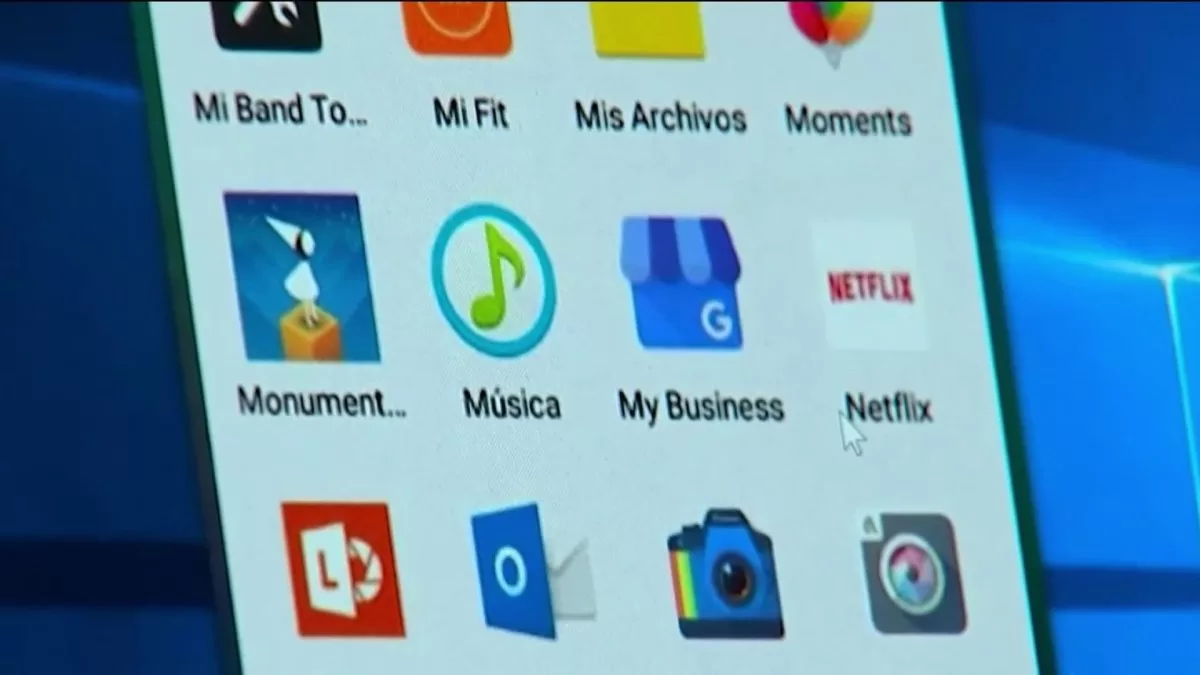Sharing your screen on a computer or mobile device is now also a danger.
“A couple of weeks ago I was scammed by a social network, by Instagram,” says Olivia, who says that there is no age distinction to be a victim of this type of scam. “They sent me a link and asked me to share the transaction screen. I shared it and that’s when they robbed me.”
Although according to Florida Attorney General Ashley Moody, older adults are the most likely. “Banking services, technical support and any other remote access to your computer allows personal and financial information to be stolen.”
Pablo Molina, an expert in cyber security, explains that “what criminals do with the data they have stolen, name, address, telephone, many times they will try to open credit cards or request loans in our name.”
Screen sharing scams work in a simple way. First you will get a fraudulent robocall. You may also receive links or text messages.
Once you answer or agree, a scammer will pose as a representative of a business you know, such as a bank or a technology company. To make things easier you could ask him to share your screen and therein lies the catch.
With full access, they can hack into your accounts and steal your personal information.
“It is very important that we look at the transaction activity in our accounts, at least once a month,” advises the cyber security expert.
The FBI traces the origin of many of these scams to India, however they have been known to occur all over the world.





